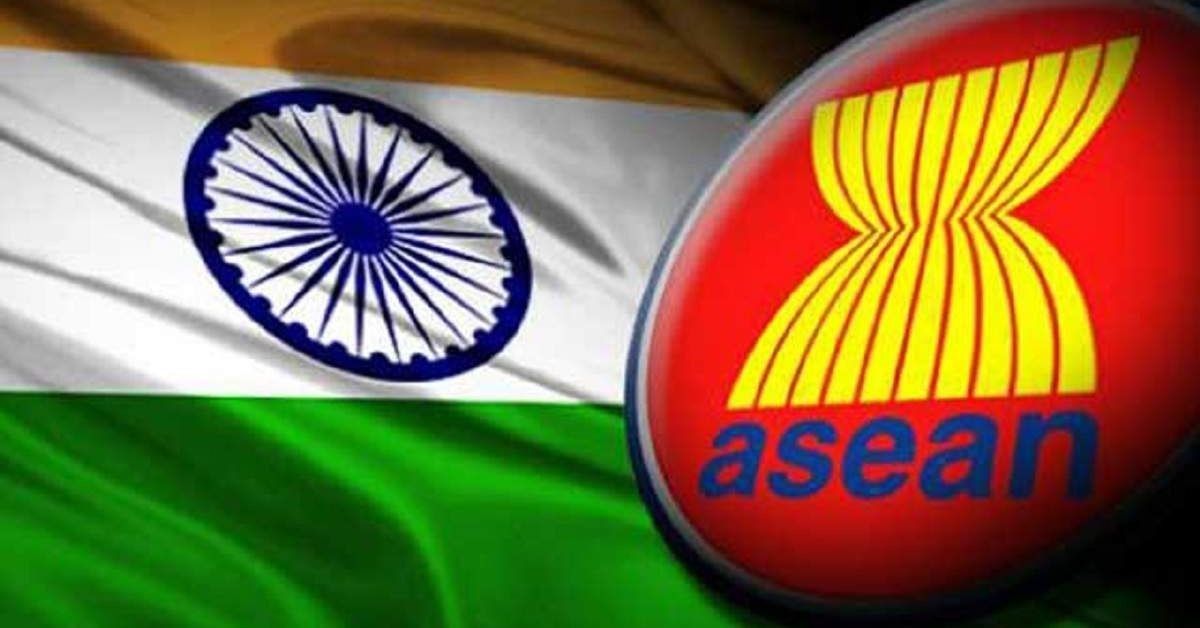According to the government’s announcement on Saturday, India’s bilateral commerce with the Association of Southeast Asian Nations (ASEAN) increased by 5.2% from April to October of this fiscal year, totaling $73 billion. With almost 11% of India’s total international trade, ASEAN as a whole continues to be one of its most important trading partners. According to figures from the Ministry of Commerce and Industry, India’s bilateral trade with ASEAN totaled $121 billion in the fiscal year 2023-2024.
From November 15 to 22, New Delhi hosted the sixth meeting of the ASEAN-India Trade in Goods Agreement (AITIGA) Joint Committee and associated talks on the AITIGA review. All ten ASEAN nations—Brunei, Cambodia, Indonesia, Laos, Malaysia, Myanmar, the Philippines, Singapore, Thailand, and Vietnam—sent representatives and leaders to the event.
In order to discuss specific trade concerns between the two countries, ASEAN delegates held bilateral talks with teams from Thailand and Indonesia throughout the visit. In order to promote understanding on the main issues being discussed and to map out the future, chief negotiators from ASEAN and India also convened a separate session.
“A step toward improving commerce with the ASEAN region in a sustainable way will be the review of AITIGA. According to a government release, the AITIGA Joint Committee will convene again in February 2025 in Jakarta, Indonesia.
Each of the eight subcommittees that assist the AITIGA Joint Committee is in charge of negotiating several crucial facets of trade between India and ASEAN. Market access, rules of origin, sanitary and phytosanitary (SPS) measures, standards and technical regulations, customs processes, trade remedies, economic and technological cooperation, and institutional and legal provisions are the main topics of these subcommittees.
Sanitary and phytosanitary (SPS) measures, in particular, are essential biosecurity procedures meant to safeguard the health and well-being of people, animals, and plants. These steps are intended to stop dangerous pests, illnesses, additives, poisons, and pollutants from entering, establishing, and spreading in food and feed products.







